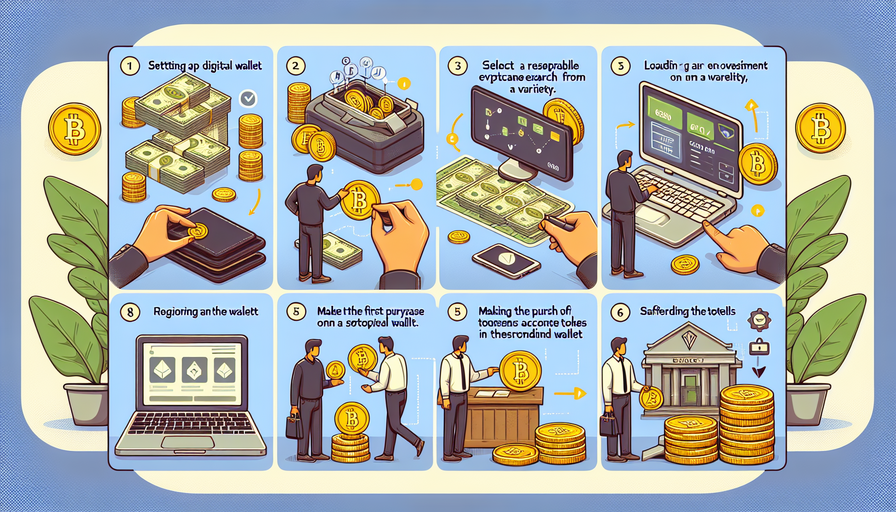Introduction:
Coins are not just pieces of metal; they are artifacts that hold historical significance and cultural value. Whether you’re a numismatist, a collector, or someone who stumbled upon an old coin, knowing how to properly clean coins can help preserve their beauty and value. In this comprehensive guide, we will explore various methods and techniques on how to clean coins effectively while avoiding damaging them.
Understanding the Importance of Proper Cleaning:
Before diving into the cleaning process, it is crucial to understand why proper cleaning is essential. Over time, coins accumulate dirt, grime, and oxidation, which can detract from their appearance and value. Improper cleaning methods can lead to scratches, discoloration, and even corrosion, ultimately diminishing the coin’s worth. By using the right techniques and tools, you can enhance the coin’s aesthetics without compromising its integrity.
Types of Coins:
Different types of coins require different cleaning methods based on their composition and condition. Generally, there are two main categories of coins:
1. Ancient or valuable coins: These coins are typically made of precious metals like gold or silver and may have intricate designs or inscriptions. Cleaning such coins requires extreme caution to avoid damaging their delicate surfaces.
2. Modern everyday coins: Coins in circulation today are typically made of base metals like copper, nickel, or zinc. While these coins may not be as valuable as ancient ones, they still require gentle cleaning to maintain their appearance.
Methods for Cleaning Coins:
1. Gentle Soaking:
– Fill a bowl with lukewarm water.
– Add a small amount of mild dish soap to create a gentle cleaning solution.
– Place the coin in the solution and let it soak for a few minutes.
– Gently rub the coin with a soft-bristled toothbrush to remove dirt and grime.
– Rinse the coin with clean water and pat it dry with a soft cloth.
2. Lemon Juice and Salt Method:
– Mix equal parts lemon juice and salt to create a paste.
– Apply the paste to the coin using a soft cloth or brush.
– Gently rub the paste onto the coin’s surface in circular motions.
– Rinse the coin thoroughly with water to remove any residue.
– Dry the coin carefully with a soft cloth.
3. Vinegar Bath:
– Create a mixture of equal parts vinegar and water in a bowl.
– Place the coin in the vinegar bath for several minutes (avoid soaking for too long).
– Remove the coin from the solution and rinse it with clean water.
– Pat dry with a soft cloth.
4. Avoid Harsh Chemicals:
It is important to avoid using harsh chemicals such as bleach or ammonia when cleaning coins as they can cause irreversible damage. Stick to mild cleaners like soap or natural solutions like lemon juice for safe cleaning.
5. Seek Professional Help:
If you have rare or valuable coins that require extensive cleaning or restoration, consider seeking professional help from numismatic experts who specialize in preserving antique coins.
Conclusion:
Cleaning coins can be both an art and science that requires patience, care, and attention to detail. By following these methods and guidelines outlined in this guide, you can safely restore your coins’ beauty while preserving their historical significance for generations to come. Remember that proper maintenance is key to maintaining your collection’s value over time – so treat each coin with respect and care it deserves!


